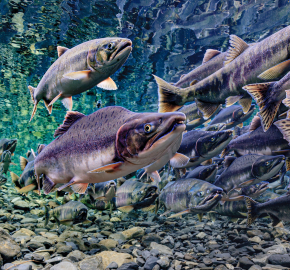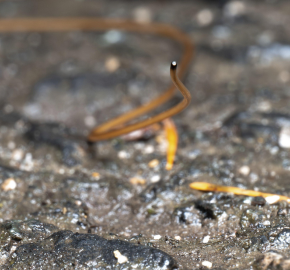What aquatic invertebrate communities can tell us about Climate Change?
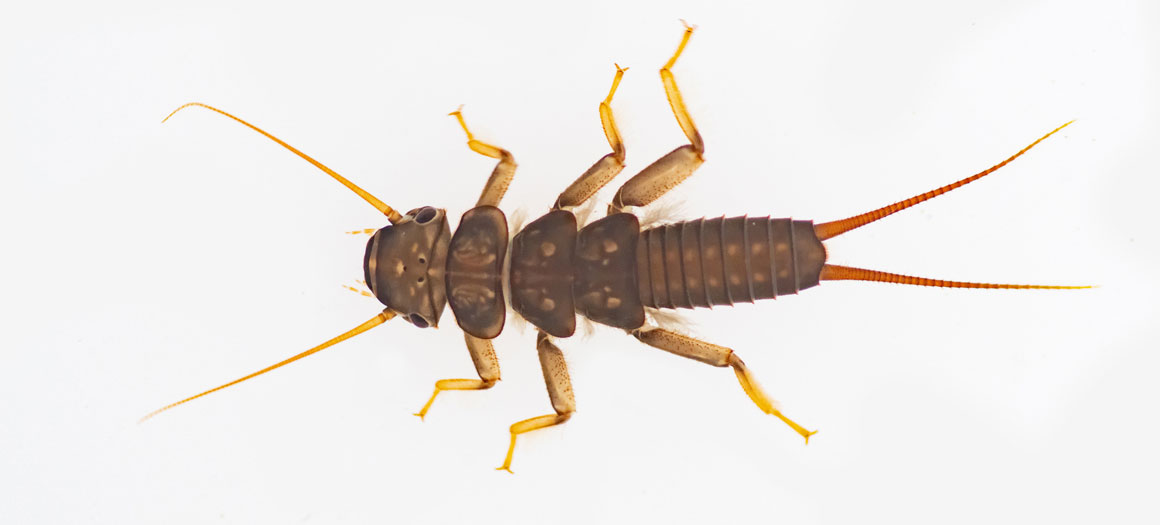
Situated in the beautiful Flow Country of Caithness and Eastern Sutherland, the River Halladale is largely free from intensive urban, industrial and agricultural inputs. You may be wondering therefore, why bother with SmartRivers species-level invertebrate monitoring on a river apparently free from the typical pressures we look to find?
Cataloguing invertebrate communities to develop a baseline of river health is good practice even in an environment where pressures may be lower to monitor for overarching impacts such as changes in climate. Seasonal temperature change is a cue that triggers life-history events in many river animals, such as emergence in aquatic invertebrates and migration in salmonids.
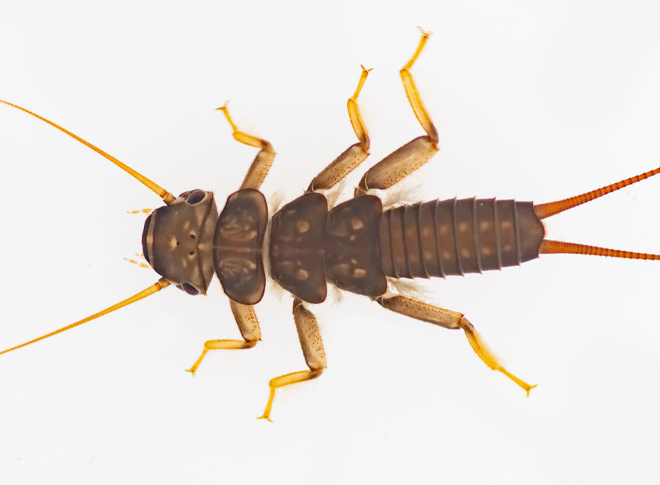
Roger Owen, SmartRivers trainer in Scotland:
Shifts in temperature baselines can lead to changes in the diversity of animals present in a river, altering food web structure and, ultimately, the health of other aquatic organisms such as salmon and trout.
Research evidence in Scotland and Wales has already shown that in higher altitude and more northern rivers the cold-water loving invertebrates found there are decreasing due to rising temperatures. One study showed that invertebrate abundance declined by 21% for every 1 degree celsius rise in temperature. These small animals are vital components of river ecology and include species we value highly for biodiversity, such as the Freshwater Pearl Mussel for which Scottish rivers are a globally important refuge.
It is also likely that climate change will alter natural flows through increasing floods and stormwater run-off events which will carry a lot more sediments and, in some agricultural areas, fertiliser-rich soils. In summer increasing droughts are predicted too. Invertebrates are some of the most sensitive organisms to changes to natural flows and increasing sediment transport and so are very useful sentinels of such climate driven changes. As current likely scenario models predict summer rises up to 4.8C in Scotland the establishment of baseline invertebrate ecology in our unmonitored northern rivers is essential so we can determine both impacts and the effectiveness of mitigation methods such as bankside tree planting.
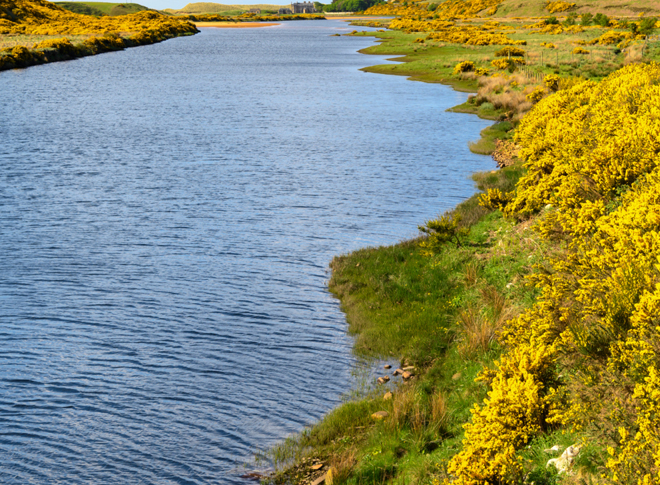
Scientists are working hard to unravel the long-term consequences climate change will have on our rivers, but major evidence gaps hinder progress. Monitoring coverage has seen a consistent downward trend due to resource constraints, and the type of data available from most regulatory agency monitoring – involving family-level identification – has insufficient resolution to detect many climate-change effects.
For any investigation, it is impossible to accurately monitor change without a solid baseline. SmartRivers monitoring provides this species-level ‘catalogue’. Although SmartRivers largely focuses on water quality pressure scores generated from invertebrate community records, it is important to recognise the standalone value the species records themselves have.
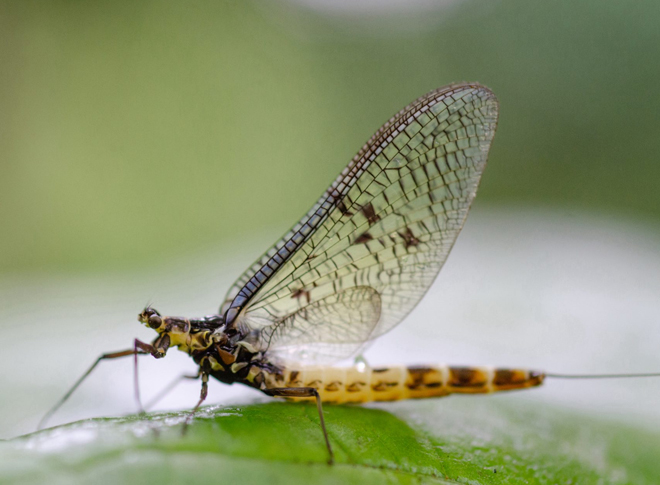
Alan Youngson, Scientific Advisor at Flow County Rivers Trust:
Salmon in the Flow Country rivers have held up well in recent years although, like salmon everywhere, they face major challenges from changing marine conditions. Despite this pressure, fish still thrive in the northern rivers because of their remoteness and the pristine, or near-pristine, condition of much of the river network.
Now, however, the results emerging from the Scotland River Temperature Monitoring Network run by Marine Scotland Science indicate that the Flow Country rivers will be among the most susceptible of all the Scottish rivers to increases in river temperature driven by global climate change. We need to find ways to track the effects of rising temperature on these ecosystems and, also, the effects of the possible mitigation measures that are already being proposed.
On its own, the data we gather each year on salmon and trout will not be sufficient to monitor the coming changes. So – with the support of SmartRivers – the Flow Country Rivers Trust intends to monitor the much greater number of macro-invertebrate species present in our streams. It is very likely that these species will respond to river warming in divergent ways making them excellent candidates for monitoring change while at the same time creating a much richer ecological context in which to consider the status of the fish populations.
To find out more about SmartRivers, please visit the SmartRivers page or email smartrivers@wildfish.org

